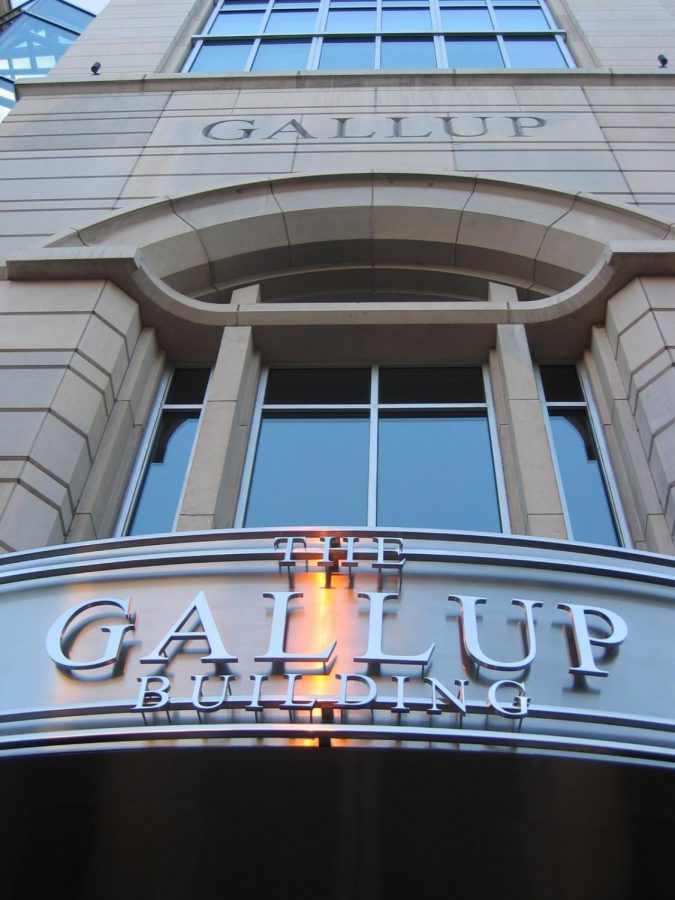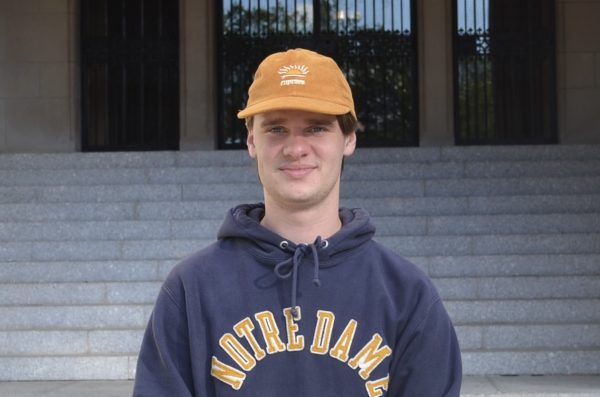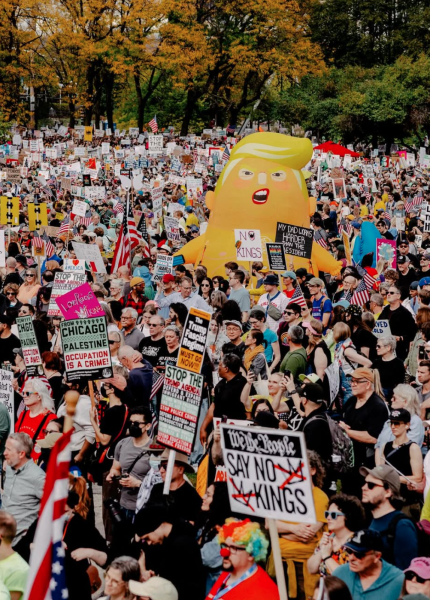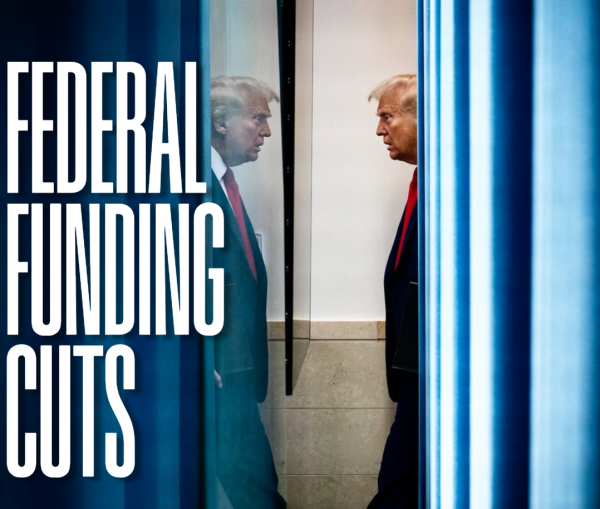In Polls, The Nation Trusts
The 2016 presidential election delivered a result that surprised many. People really didn’t believe that Donald Trump could beat Hillary Clinton, and he surprised us all by doing so (despite losing the popular vote by a margin of about three million). A similar thing happened across the pond in the UK when the British electorate shocked the world by voting to leave the European Union. A slim majority of 52% voted to leave, with 48% voting to remain.
In the wake of these electoral upsets, many were quick to point fingers at the polls, which had suggested the opposite outcome would come to pass. Since then it has become fashionable, both in media circles and in the general public, to bemoan the decreasing quality of polls and lament their inaccuracy. Polling is going down the tubes, they say, and we have no reason to trust it anymore. This couldn’t be more wrong.
Contrary to popular belief, in the developed nations of the world polling is just as accurate as it always has been — which is to say, quite. Since 1968, polls of presidential elections, taken in the last three weeks of the campaign, have been off by an average of only four percentage points. Polls in 2016 were no different — they predicted that Clinton would win the popular vote by three points, and she ended up winning by two.
The polls in 2016 were actually more accurate than polls in 2012. Polls predicted that Obama would win the popular vote by 1.2 percentage points, and he ended up winning by 3.7. Why, then, did 2016, rather than 2012, produce hysterical headlines about the demise of polling as a reliable indicator? The key is that, in the 2012 race, the polling error was in the same direction as the result. Polls predicted that Obama would win by a smaller margin than he did, but they still predicted an Obama win. In 2016, polls predicted a narrow victory for Clinton, and the actual result was a narrow victory for Trump. Statistically, neither result is out of the ordinary — but the 2016 result seemed more shocking to voters because it appeared to be the opposite of what the polls had predicted.
And herein lies the real problem with polls — the public does not always interpret them correctly. A poll showing a narrow win for one candidate is often interpreted as an ironclad guarantee of his or her victory, when in reality it means that the race is close to a toss-up. Polls are conducted using a sample of the voting population, which means that there is some uncertainty around the result. Pollsters, and students of statistics, understand this. Samples do not produce a 100 percent accurate picture of the population. They come close, but they can’t be interpreted as the gospel truth.
In close elections, like the 2016 presidential election and the Brexit referendum, this becomes more important to remember. Polls can be off by very little and still incorrectly predict the outcome because the margin is so tight to begin with. That doesn’t mean the polls are inaccurate — in fact, we should take confidence in the fact that they predicted a close result.
Polls of the Brexit referendum taken close to the actual election showed an exceedingly close result, with “Remain” hovering around a two-point lead over Leave. “Leave” ended up winning by two points, but that still means the polls were only off by four percentage points, a statistically normal result. The real problem lies with the pundits and journalists who interpreted the narrow lead for “Remain” as a sure sign that it would win.
Despite the fact that the media and public opinion have turned against them (52 percent of Americans don’t believe polls can be trusted), polls are still a reliable indicator of election results, and remain the best indicator we have. Even if they aren’t correct 100 percent of the time, they outperform pundits and talking heads by a huge margin. Many political operatives on both sides have taken to poll-bashing because it makes whatever narrative they’re trying to push seem more plausible.
We, the citizenry, shouldn’t fall for it. Put your trust in the empirical data, not the talking heads blowing hot air. Democracy will thank you for it.
Sean Franklin, FCRH ’21, is an Urban Studies major from Alexandria, Va.








































































































































































































